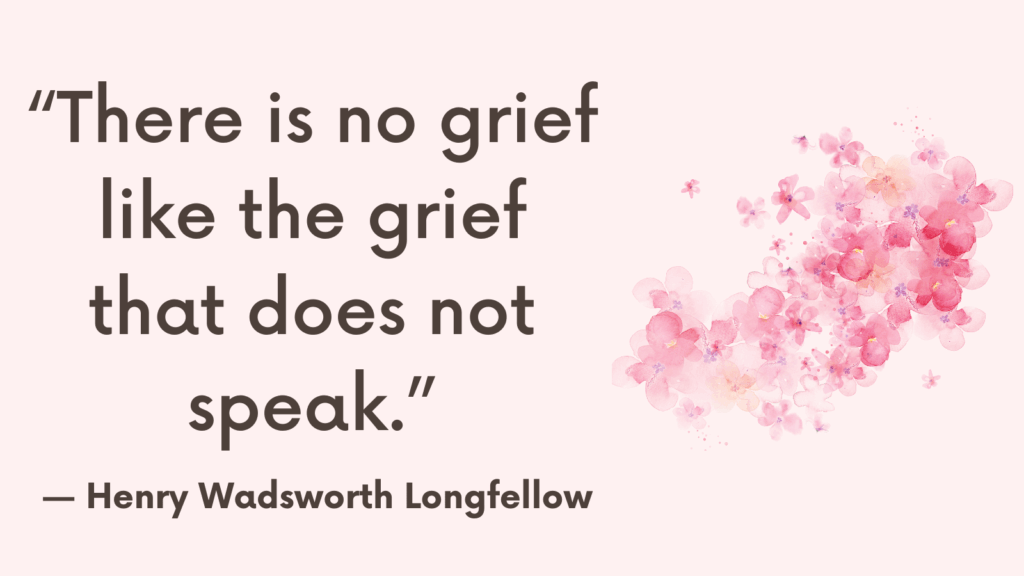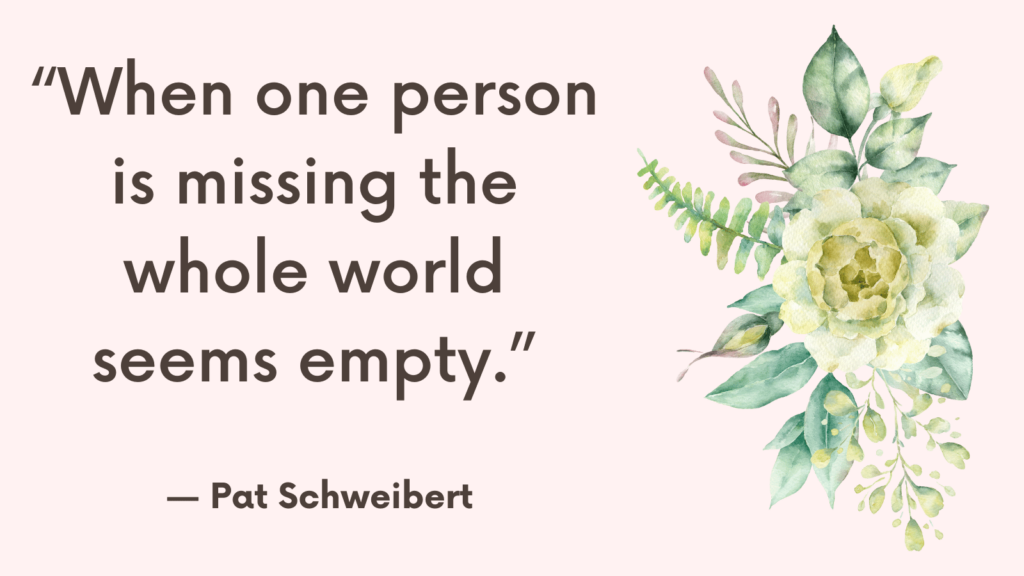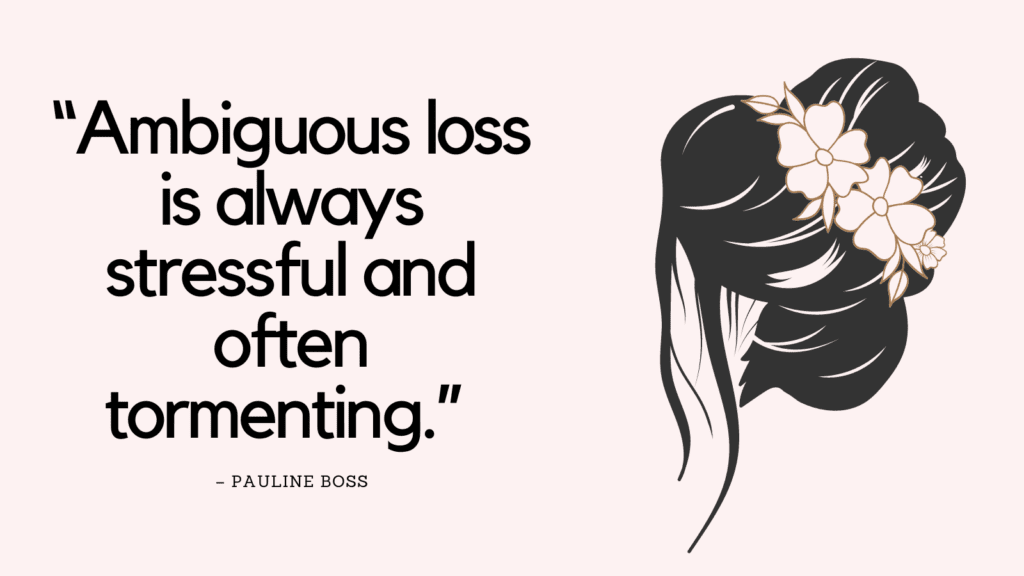Today, you’re going to learn how to manage grief in the workplace.
Why Work Is a Grieving Place?
The average bereavement leave allotted for the death of a spouse or child is 4 days and 3 days when the deceased is a parent, grandparent, domestic partner, sibling, grandchild, or foster child. (*)
It’s no wonder that most of your grief will happen in your workplace.
The Five Stages of Grief
Dr. Elisabeth Kubler-Ross, a pioneer in the hospice movement, made the five steps of grief and/or death well-known.
Although these stages were observed in the dying process, they could also be applied to grieving the death of a loved one. However, you need to keep in mind that these stages might not be linear and you may find yourself oscillating between stages.
The following five steps cover the stages of grieving for the death of a loved one:
- Denial
- Anger
- Bargaining
- Depression
- Acceptance
Keep in mind that your grief journey is unique and you may not experience all of these stages. So be compassionate with yourself. (*)
Finding Meaning – The Sixth Stage of Grief
David Kessler, an expert on grief and the coauthor with Elisabeth Kübler-Ross of the iconic On Grief and Grieving, identified a sixth stage of grief: Finding meaning.
Although this isn’t a mandatory step, many people intuitively seek it and others find it helpful.
This stage acknowledges that although grief will lessen over time, it will never end. Rather, it transforms into something else – something meaningful and fulfilling.
In this sense, meaning helps us make sense of grief. Meaning can take many forms, such as:
- Finding gratitude for the time we had with our loved ones
- Finding ways to honor our loved ones
- Acknowledging the value of life and using that to make a major shift or change
- Offering some kind of contribution that will honor our loved ones
- Deepening our connection to those who are still with us
There are many examples of people who found meaning in their loss. Candy Lightner founded Mothers Against Drunk Driving (MADD) in 1980 after her daughter, Cari, was killed by a repeat drunk-driving offender. Although nothing was worth losing her daughter, she was able to create something meaningful from her loss and went on to save many lives. (*)
Those who are able to find meaning in their loss are less likely to remain stuck in one of the five stages.
Related: Grief Is A Journey Not A Destination (& Other 12 Grief Lessons No One Talks About)
The Misconception About Grief At Work
Many people believe that when you’re at work, you should be able to stop paying attention to your strong emotions for the eight or so hours you spend at work and concentrate on the task at hand.
But the truth is, we cannot turn our emotions on and off whenever we needed to.
To be emotionally healthy, we need to pay attention to our emotions and give them expression—even at work.
Although your emotions may seem inconvenient especially when grieving, they actually serve a very important function.
Our emotions and our “gut instincts” tell us whether we’re living our lives in alignment with our values – whether we’re doing the right or the wrong thing.
They also allow us to reprocess stressful and traumatic situations such as the loss of a loved one and heal faster.
Related: How To Build Resilience At Work? Top 19 Ways To Build Resilience And Prevent Burnout
Best 17 Ways To Manage Grief In The Workplace
#1. Acknowledge That The Workplace Is Now Your Grieving Place
At work, you are not a different person than you are outside of work. You can’t separate your grief from your work.
It’s unrealistic to expect yourself to be able to leave grief at home and be able to continue working as if nothing happened.
#2. Recognize the Emotions of Grief
As you grieve, you’re likely to experience a wide range of emotions, including:
- shock
- numbness
- confusion
- anxiety
- fear
- anger and resentment
- guilt and regret
- sadness and even depression
It’s important to recognize these emotions and remind yourself that these are normal reactions to a life-changing event like grief.
It’s also important to remind yourself that these emotions are helping you heal. Feelings of numbness, for example, can help you survive the shock of the loss. Feelings of sadness can help you slow down and give yourself a chance to reflect on and reprocess what’s happened.
No emotion is right or wrong. Every emotion serves a purpose and is deserving of attention and respect.
Related: Regulate Your Emotions: How To Manage and Control Your Difficult Emotions?

#3. Recognize the Physical Symptoms of Grief
The intense emotions we feel when grieving can affect the body in different ways, including:
- sleeping troubles
- low energy
- muscle aches and pains
- shortness of breath
- tightness in the throat or chest
- heart palpitations
- headaches
- digestive problems
- changes in appetite
- weight loss or gain (*)
It’s important to acknowledge these symptoms as part of the grieving process and to take care of your body and build resilience.
#4. Recognize the Cognitive Symptoms of Grief
Grief can also affect your ability to reason logically and make decisions, and your memory.
You may find yourself unable to stop thinking about the loss. You may also struggle with short-term memory problems.
Recognize that these cognitive difficulties are normal and temporary.
In the meantime, try writing things down and making lists. If you have any important decisions to make, try leaving them until later.
#5. Acknowledge the Spiritual Nature of Grief
Grief is a spiritual journey.
You may find yourself consumed by questions, like why do people leave so suddenly? Why do we have to suffer? Is there an afterlife? Does the person who died see me? What is the purpose of life?
Spend a few minutes every now and then jotting down your thoughts about what makes your life meaningful and how can you increase that.
Keep in mind that having faith or spirituality doesn’t mean that you shouldn’t mourn.
Related: ACT For Grief and Loss: 6 Powerful Tools and Worksheets
#6. Embrace the Uniqueness of Your Grief
There is no hierarchy to grief. Your unique grief journey will be shaped by a number of factors, including:
- the nature of the relationship you had with the person who died.
- the circumstances of the death.
- your unique personality.
- your religious or spiritual beliefs.
- your support systems.
Accept the uniqueness of your own grief.
#7. Understand the Difference Between Grief and Mourning
Grief is the internal thoughts and emotions you experience after a loss.
Mourning, on the other hand, is the outward expression of grief. This deliberate expression is what will enable you to externalize your pain and heal.
Related: Recovering From Grief: How to Get Back to Life After Loss
#8. Allow Yourself to Cry
Tears are a natural healing mechanism.
Crying helps rid your body of stress chemicals and brings relief.
Don’t let people who are uncomfortable with tears take your grief away from you.
Explain to people close to you that you need to cry right now and that they can best support you by allowing you to cry.
#9. Change Your Misconceptions About Grief And Mourning
Some common negative beliefs around grief and mourning may include:
- The workplace isn’t a place for sadness.
- If someone is grieving, it is best to leave him alone.
- Death is something you shouldn’t talk about, especially at work.
- You need to be strong and move on.
- Tears are a sign of weakness.
- Time heals all wounds.
Such misconceptions may leave you feeling ashamed of your feelings and you may find yourself trying hard to ignore those feelings.
However, doing that will only prolong your grief and may even lead to complicated grief – an ongoing, heightened state of mourning that keeps you from healing.
Grief is a normal and healthy reaction that’s trying to help you move on from the initial shock of your loss and adapt to your new life.
Related: How To Change Negative Beliefs? The Ultimate Guide To Challenge Negative Core Beliefs
#10. Think of Grief as Part of Your Work
When unaddressed, grief can affect your work and prevent you from performing at your best.
Think of your grief as a part of your work, too. It demands time and attention.
Schedule breaks throughout the day to write in your journal, meditate, or simply take a few calming breaths.

#11. Reduce Stress As Much As Possible
Make sure you don’t take on additional stress, such as increasing workload, making commitments, or making big life changes.
Learn how to say no and set appropriate emotional boundaries.
Related: Wellbeing In The Workplace: 6 Ways to Improve Your Mental Health and Reduce Stress at Work
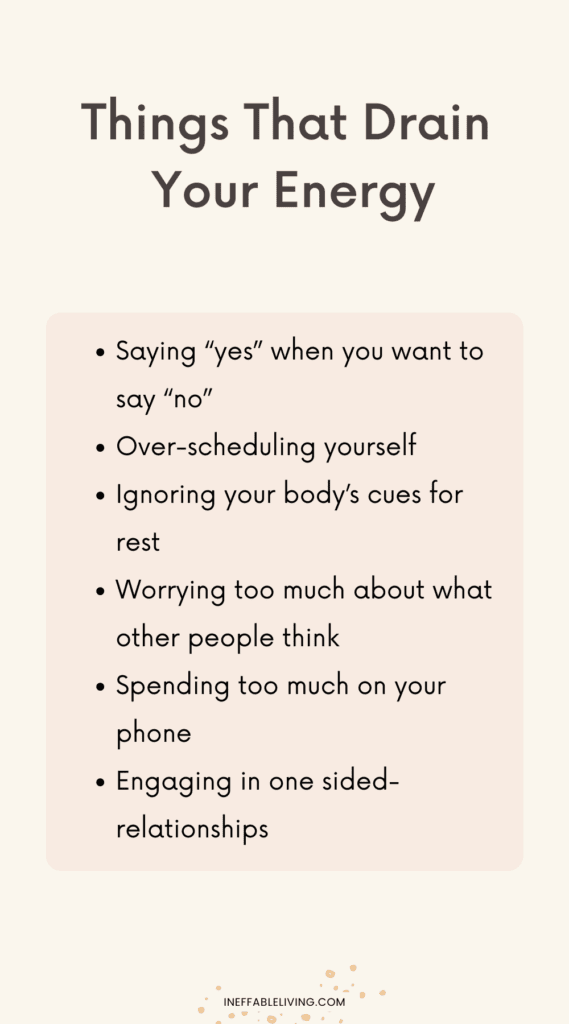
#12. Breathe
Every now and then, take a few minutes to concentrate on your breathing.
Breathe from your diaphragm. Push your belly out as you breathe in for a count of four. Hold your breath for a count of seven and breathe out slowly for a count of eight.
Imagine yourself inhaling healing energy and breathe out the negative energy.
Related: 15 Easy Mindfulness Activities to Help You Deal With Anxiety, Depression, and Trauma
#13. Write a Letter
Many people find it easier to articulate their thoughts and feeling in letter-form.
Write a letter to your deceased loved one telling them how you feel now that they’re gone. You may also use the following prompts:
- What I wish I’d said or hadn’t said is . . .
- What I miss most about you is . . .
- What’s hardest for me now is . . .
- I’m keeping my memories of you alive by . . .
Another healing exercise is writing a letter to yourself on behalf of the person who died.
Imagine what the person would tell you. How would they want you to live the rest of your life?
#14. Develop a New Self-Identity
Our relationships form part of our self-identity.
You may go from being a “wife” to a “widow” or from a “parent” to a “bereaved parent.”
Working on reconstructing your self-identity can help you adapt to your new life and move on.
#15. Release Joy-Guilt
Joy-guilt is when you feel guilty about having happy feelings at a time of grief and loss.
You may find yourself laughing at something, only to chastise yourself for having felt happy for even a passing moment.
You may think that you’re being disloyal but being happy without the person you lost. But that’s not true of course.
As you mourn your loss, you’ll start experiencing more and more happiness and less and less pain.
So try not to punish yourself for the natural evolution of your feelings of joy.
#16. Remember the Person Who Died
Healing in grief doesn’t mean that you’ll forget about the person.
The relationship doesn’t end with death, it continues in different forms.
Remembering your loved one usually begins with the funeral as you share with others the value of the life that was lived and hear from others their own memories about the person.
Other ways to keep their memory alive may include:
- Talking or writing about your favorite memories.
- Keeping some special “linking objects”.
- Displaying photos of the person.
- Creating a memory book that contains special photographs and other items like tickets, menus, notes, cards.
- Reviewing photo albums at special occasions such as holidays, birthdays, and anniversaries.
#17. Talk to a Counselor
A compassionate counselor can help you through your grief journey.
If possible, find a counselor who specializes in grief and loss issues.
If you have access to an Employee Assistance Program (EAP), take advantage of this resource.
(Disclaimer: This is an affiliate link, which means I receive a commission at no extra cost to you if you choose to use this link. You will get 20% off your first month)
Free Grief Worksheets PDF Download
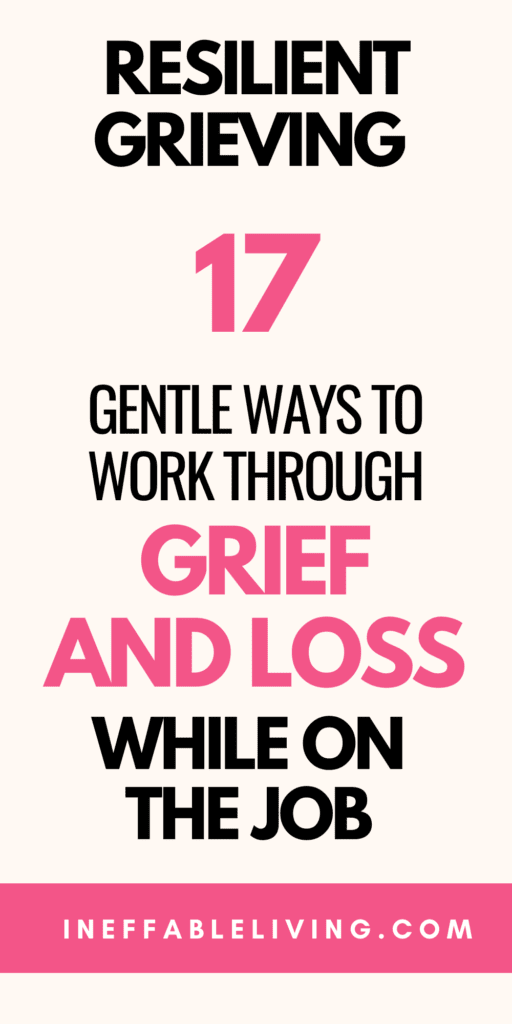
Resources
- Portions of this article were adapted from the book Healing Grief at Work: 100 Practical Ideas After Your Workplace Is Touched by Loss, © 2005 by Alan Wolfelt. All rights reserved.
- Grief – Wikipedia
- Grief | Psychology Today
- The Five Stages of Grief (verywellmind.com)
- Coping with Grief and Loss – HelpGuide.org
- Grief: Coping with the loss of your loved one (apa.org)
- The Biology of Grief – The New York Times (nytimes.com)
- Grief: A Brief History of Research on How Body, Mind, and Brain Adapt – PMC (nih.gov)
- The effect of bereavement groups on grief, anxiety, and depression – a controlled, prospective intervention study | BMC Palliative Care | Full Text (biomedcentral.com)
- Frontiers | A Qualitative Study on the Grief of People Who Lose Their Only Child: From the Perspective of Familism Culture (frontiersin.org)
- How grief and loss affect your brain, and why it takes time to adapt : Shots – Health News : NPR
